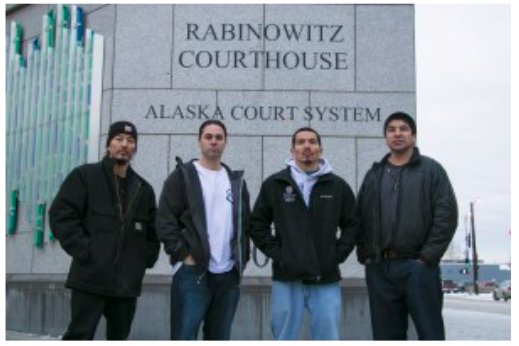MANY RETROSPECTIVES AHEAD IN 2018
This year marks the 50th anniversary of what is arguably the most historic year in modern American history. We’ll be reading and watching videos about the social unrest, the war in Vietnam, and the anti-war, anti-imperialism, and anti-capitalism movement that swept the globe.
Here are just a few of the anniversaries that will be noted by history buffs as the year unfolds. Not noted here is a multitude of other important battles and events in the Vietnam War and the associated growing unrest among American college students, much of which was encouraged by a growing communist movement in America.
JAN. 21: The 50th anniversary of the siege at the Khe Sanh Combat Base, during which the 26th Marine Regiment was encircled by tens of thousands of North Vietnamese fighters. The Marines went through their ammunition and supplies quickly and stayed alive with air drops supported by the U.S. Army and Air Force. In the end, 205 U.S. Marines were killed, 1,668 were wounded and as many as 15,000 enemy fighters were killed. Once the siege ended, 1,600 North Vietnamese bodies were found just outside the base. The seige lasted until July. 11, 1968, when the base was finally closed and evacuated. Read more about this amazing battle at Wikipedia.
JAN. 23: North Korea captured the USS Pueblo, a surveillance ship. This heightened Cold War tensions in the region, coming just 15 years after the Korean War. The Navy ship had been monitoring the North Korean military from the channel between Korea and Japan. The 82 members of the crew who survived being captured were starved and tortured, but were forced to say during a news conference that they were treated kindly. They snuck in comments that showed they were being forced into those statements and extended their middle fingers to show what they really thought. When the North Koreans eventually discovered what the sailors had done, they beat them severely.
JAN. 30: North Vietnam launched what became known as the Tet Offensive. It was the beginning of the end of U.S. involvement in Vietnam. Some 85,000 North Vietnamese fighters attacked 36 targets in South Vietnam, taking the U.S. and South Vietnamese by surprise. More about this event is written by Mark Bowden (author of Blackhawk Down) in Hue 1968: A Turning Point of the American War in Vietnam.
JAN. 31: Viet Cong attack the U.S. Embassy in Saigon.
MAR. 13: An oil discovery at Prudhoe Bay is confirmed by Humble Oil, (which later became part of Exxon) and Atlantic Richfield Company (ARCO).
MAR. 16: Mai Lai Massacre, American troops killed Vietnamese civilians in Mai Lai, but the event is not known until November, 1969, and it fuels public sentiment against the U.S. involvement in Vietnam.
MAR. 18: Congress repeals the “Gold Standard,” the requirement for a gold reserve to back all U.S. currency.
APR. 4: Dr. Martin Luther King Jr. was assassinated in Memphis, Tennessee as he stood on the second-floor balcony of the Lorraine Motel. James Earl Ray was arrested on June 8 for the assassination.
MAY 13: After French Communists and French Socialists formed an electoral alliance in February, Paris riots begin, where more than one million students, Communists and Socialists took to the streets to protest capitalism, American imperialism, and traditional institutions. At one point during the unrest, President Charles de Gaulle fled the country for a few hours.
AUG. 26-29: The Democratic National Convention was held in Chicago. President Lyndon B. Johnson had earlier announced he would not run for re-election. Vice President Hubert H. Humphrey and Senator Edmund S. Muskie of Maine were nominated for president and vice president.
















